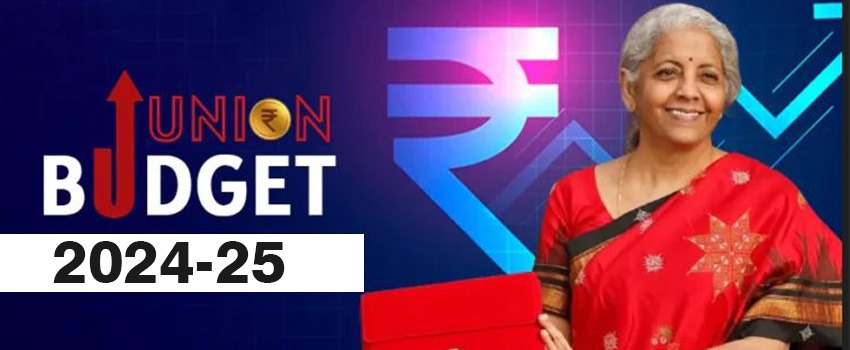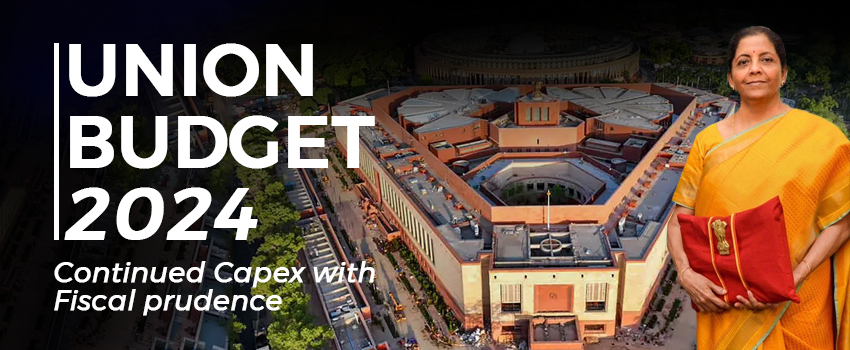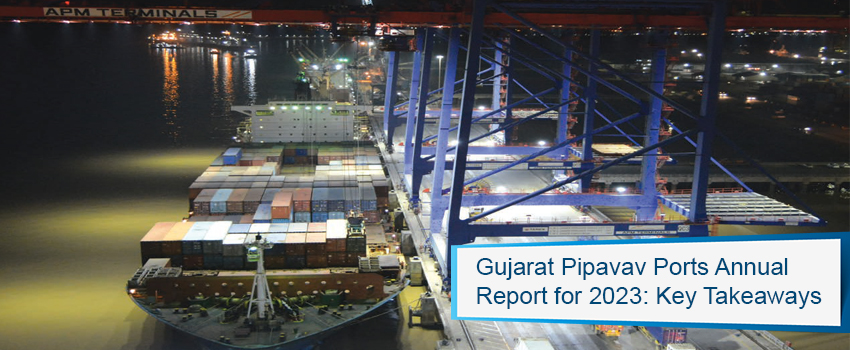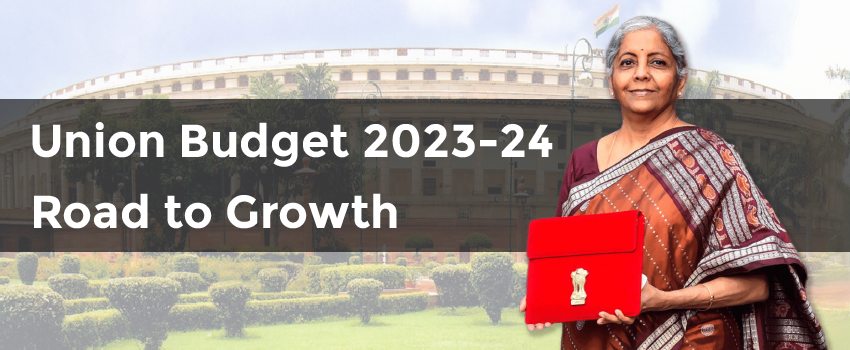Throughout the month of March we have been looking at different political outcomes post 2014 General Election. Till now we have seen three possible scenarios:
1. “How would the economy evolve if BJP coalition wins in 2014 election”: Based on the economic schemes and policies implemented by BJP in it’s states especially in Gujarat and based on policy pronouncements by BJP leaders likely to be in policy role we tried to gauge how the economy will evolve and how it will impact the stock market. We saw how policy shift can create strong investment opportunities even in select sectors.
2. “How will economy evolve and stock market react if BJP forms a weak coalition government”: It’s relatively much easier to gauge the policy shift in the decision making by government if we see a strong performance by BJP. But when we start thinking about how it would be if BJP emerges as the largest party, but just gets 165-180 seats things become more speculative in nature, as the post poll composition of the government would play a big role in how things would work out. While this would seem a speculative exercise however it is important to undertake it both to identify how economy would evolve and stock market react as well as to temper our expectations right. As we saw through our speculative analysis there that while we may expect some crucial reforms to take place even if they are half-baked solutions rather than comprehensive reforms but at many places we should not be surprised to see that for many policy decisions there need not be so big a shift to warrant our optimism.
3. “How will economy evolve and stock market react if Congress forms a coalition government”: While pollsters believe that Congress can see one of its worst performances in the General Elections. We think that it would be imprudent to simply write off Congress so early. Compared to BJP it’s much easier for Congress to attract allies. Nearly all the major parties with exception of core NDA parties have at one point or other entered in to electoral or post poll alliance with Congress. We also realized on the basis of our thought exercise that since 2009 (though the actual shift started somewhere close to 2006-07), Congress became too enamored with the Entitlement based policies either in form of RTE (Right To Education), NREGA( National Rural Employment Guarantee scheme), Food Security Bill, Reservation for Jats within OBC etc. We believe that this direction would likely accelerate if we see Congress based government in near future. This kind of rights based pronouncements will create its own economic environment benefiting consumer and rural sped oriented companies.
This time we would like to attempt two exercises. We would like to briefly look in to how things may pan out if we see a Third Front or Federal front government. And then we would endeavor to tie up all the four likely outcomes and develop a much more seamless expectation of the market.
What if a Third Front/Federal government forms a coalition government after the general election?
As a point of argument one can argue that non-BJP, non-Congress parties have tended to garner a large part of the Lok Sabha seats since the mid 1990’s. This has been largely driven by the rise of regional parties in India. However one does not need to look at things in much more detail to realize that these do not form a cohesive block. Can we imagine TMC and the Left to come together to keep Congress and BJP out. Can we imagine the two Dravidian parties in Tamil Nadu to come together? Can we see TDP and TRS joining hands? Can we imagine JD(U) and RJD to come together (though we do think Nitish’s reluctance to do just that may become his undoing in general election and state assemble election). How about SP and BSP fighting together or entering in to post poll alliance? Will AAP (assuming all pollsters are underestimating it again just like in Delhi Election) align with regional parties led by regional leaders who are fighting various corruption cases?
That the ‘others’ in this General Election is not a cohesive block that will partner together to keep the perceived ‘corrupt’ Congress and ‘communal’ BJP away leads us to believe that in 2014 it will be naïve to expect a Third Front or Federal Front government that is not dependent on its survival on either the Congress or the BJP. And under such a scenario both Congress and BJP are going to support this formation only till such time that they have got their organizational act right, only till such time that they have recouped the lost vote share in the minds of voters, till such time that they can trip the formation on the basis of some reason with which they can go back to voters. And one just needs to look around to find these reasons (FDI in Retail, Anti-Corruption bills like public grievance bill, Whistleblowers bill, Labor laws, Communal Violence bill etc).
So how would economy evolve if we see a Third Front/Federal Front government evolve?
The simple phrase that would sum up how things would be if such a thing were likely to happen is “business as usual”. In spite of the inherent contradictions in between policy ideas of all the political parties, there is few things where one can expect huge political consensus. Let’s look at each one of these:
1. Entitlement based policies: A weak BJP will ensure that even BJP will not oppose entitlement based politics. Most of the ‘others’ trace their genesis to Lohia and Jai Prakash led movements (RJD, JD(U), JD(S)) or from Mandalization of the Indian Politics (We would put even DMK, AIADMK in this category as the core idea of Mandal politics involved upliftment of socially backward classes, a marketing person would simply call this as segmentation of the market, which is true for DMK and AIADMK also even though both of them came in much before Mandal).
2. Disinvestment of any form will take a back seat, it would only be done through FPO route to balance the budget. We believe this is the worst policy a government can set as it ensures selling family assets to meet current consumption without creating productivity gains for the economy.
3. Say goodbye to curbing subsidies of any form: Controlling subsidies requires a decisive leadership bent upon using their political capital in weaning the society away from policies that support current consumption at the cost of productivity gains. (While it is likely that the Government may continue allowing monthly price increases to decrease under recoveries, we do not think government would have much political capital in decreasing subsidies by a large amount.)
While this all may seem like a very negative expectation on market and the economy, it is important to note that they key point over here is that a Third Front/Federal Front government will not have political capital to take hard decision. And the need of the hour is for the Central Government to take some very bold decisions to propel the economy at very high growth rates. Only such high economic growth rates can sustain the kind of welfare state that most of the political parties think India really needs.
Does this mean one must exit the market if a Third Front/Federal Front government at the Centre?
While on surface our hypothesis may suggest exiting the market completely if we see a Third front or a Federal front government, it is not so. Because investing is inherently a game of expectations. And if this situation does play out, we would see very low expectations built in the market for Economic growth rate, for corporate profits, for unemployment etc. Traditionally these have been great times to invest in to a market as it’s easy to lap up good companies at really great prices.
And there is a silver lining to all these base rates, for such political alliances at the center suggest that most of these hodgepodge coalitions have not lasted beyond 2 years (Janta Government in 1975, VP Singh led Janta Dal government and Chandrashekhar Government in late 1980s, United front Government in 1996). That leads us to our three step recommendation to investors if this situation does plays out:
1. Wait for market to build low expectations
2. Identify and invest in strong companies with thick moats (filter companies using Moneyworks4me filter to identify these companies and buy them when there is a Buy Signal)
3. And just be patient and sit tight. (History suggests that it should not take more than 2 years as democracy is a self-correcting system at its very core. Just remember one caveat about history, as Mark Twain said “History doesn’t repeat itself, but it does rhyme”)
Tying all these together by building market expectation for the near future:
Over the last few weeks we have looked at four possible scenarios to understand how market will react. Now let’s indulge in a fun exercise. This is not necessarily a value investors way of looking at market but it does give a very strong insight when we marry it with probabilities. What we tried to do was look at all the noise that market players were making to understand what should be the fair value of the market for this particular political risk keeping all else constant (so we are not building a possibility of complex scenarios yet like BJP wins a strong mandate but China goes in to deep recession and US starts increasing Federal fund rates – that is an exercise better kept for some latter time.)
So we have four possible outcomes and most of us have some level of understanding of where we think market would go if any one of these were to play out. So, I lay out my expectations, using my probability of each of the four scenarios to arrive at fair value. It helps to do this exercise on your own even if your expectations are different from mine. The key part is not just the fair value you would arrive at but how much you are banking on one scenario as defined by the probability you use.
These are my expectations. And as far as they are concerned, this exercise shows me that I may have bias towards assuming a strong BJP government (as I give 50% probability to the event) and a total of 70% probability for a BJP led government and 30% that it would be something else. And even though I have such strong bias towards BJP this exercise at least helps me realize that there is very limited upside in the market now. I need to be more careful and selective than been greedy (and not expect an election rally towards 7800).
When I am confronted by this analysis I realize that I am inherently expecting that the market is primarily as of now building an hypothesis that we would see a political outcome that would lead to BJP forming the government but I also realize that based on my probabilities market is also facing the same dilemma that confronts me: will it be a strong BJP government or a weak one. So it’s likely that the market may be more fairly valued as of now than what my primal instincts would have told me initially. (i.e. expecting an election rally towards 7800).
It’s important to keep in mind one very important factor, that these numbers are based on my expectation of probabilities and how market may react and hence are biased by thought processes. But yet it is very important for us to do this individual exercise as it allows us to get our head out of our own biases and get in to the game. So go ahead try this exercise on your own you would be amazed how much insight it would end up giving to you and help you stay ahead in the game. After all, each uncertainty brings new opportunities to an Investor.
Disclaimer: This publication has been prepared solely for information purpose and does not constitute a solicitation to any person to buy or sell a security. It does not constitute a personal recommendation or take into account the particular investment objectives, financial situations or needs of an individual client or a corporate/s or any entity/ies. The person should use his/her own judgment while taking investment decisions.
If you liked what you read and would like to put it in to practice Register at MoneyWorks4me.com. You will get amazing FREE features that will enable you to invest in Stocks and Mutual Funds the right way.
Need help on Investing? And more….Puchho Befikar
Kyunki yeh paise ka mamala hai
Start Chat | Request a Callback | Call 020 6725 8333 | WhatsApp 8055769463









